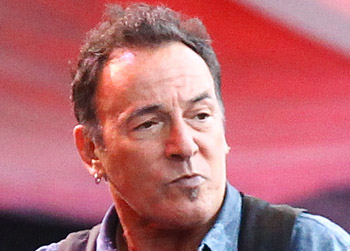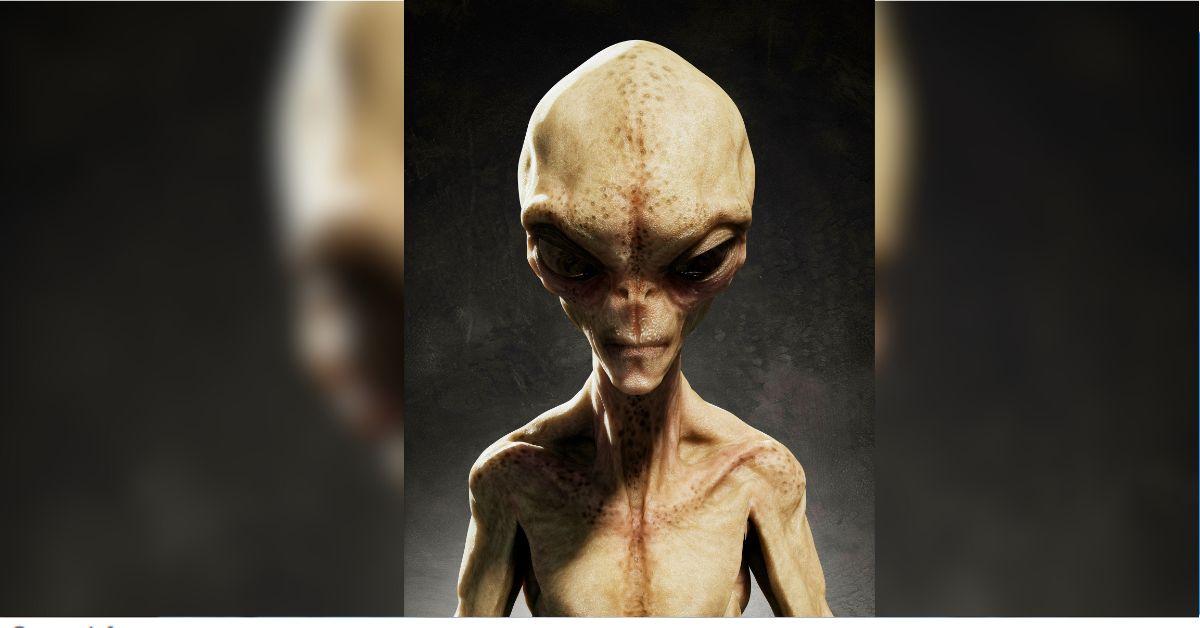Bruce Springsteen: I Was 'Depressed And Suicidal' In The 1980s

July 24 2012, Published 2:00 p.m. ET
By Debbie Emery - RadarOnline.com Reporter
He is idolized by millions of fans around the world and and known as 'The Boss' by his dedicated followers, so it is hard to believe that Bruce Springsteen was once so depressed that he contemplated suicide.
The Born To Run singer plummeted into the dark emotional depths during the 1980s when he was the height of his success, reveals a 15,000 word profile of him in the new issue of the New Yorker.
Struggling to find balance with his blue collar upbringing in Long Branch, New Jersey, with suddenly being a millionaire rock star with the world at his feet, Bruce even contemplated taking his own life in 1982 as he finished writing his acoustic masterpiece, Nebraska.
"Springsteen was experiencing intervals of depression that were far more serious than the occasional guilt trip about being 'a rich man in a poor man's shirt,' as he sings in Better Days," David Remnick wrote in his insightful piece. "He drove from the East Coast to California and then drove straight back," while trying to escape from a "cloud of crisis."
Despite looking like he had everything going for him, Springsteen's friend and biographer Dave Marsh agreed that he was suicidal at the time. "He was on a rocket ride, from nothing to something, and now you are getting your ass kissed day and night. You might start to have some inner conflicts about your real self-worth," her explained.
Remnick grew close to the now 62-year-old singer during his Wrecking Ball tour earlier this year, during which time he opened up to him about his troubled past.
"My issues weren't as obvious as drugs," Springsteen revealed. "Mine were different, they were quieter -- just as problematic, but quieter. With all artists, because of the undertow of history and self-loathing, there is a tremendous push toward self-obliteration that occurs onstage."
Instead of going through with his suicidal thoughts, the E Street Band frontman took out his rage during concerts, performing marathon shows fueled by to self-hatred.
"You cannot underestimate the fine power of self-loathing in all of this. You think, I don't like anything I'm seeing, I don't like anything I'm doing, but I need to change myself, I need to transform myself," revealed the Darkness On The Edge Of Night singer and songwriter.
Sylvester's Stallone's Son, Sage Was 'Healthy & Upbeat' Shortly Before Death, Says Friend
"I do not know a single artist who does not run on that fuel. If you are extremely pleased with yourself, nobody would be f*cking doing it! Brando would not have acted. Bob Dylan wouldn't have written Like a Rolling Stone. James Brown wouldn't have gone 'Unh!' He wouldn't have searched that one-beat down that was so hard. That's a motivation, that element of 'I need to remake myself, my town, my audience' -- that desire for renewal."
Bruce began seeing a psychotherapist in 1982 and has stuck with therapy for the past thirty years, which has helped him deal with other tragedies in his life such as the death of saxophonist Clarence Clemons from a stroke in last year.
The full profile by David Remnick is in the July 30 issue of the New Yorker or at NewYorker.com.
RELATED STORIES:



